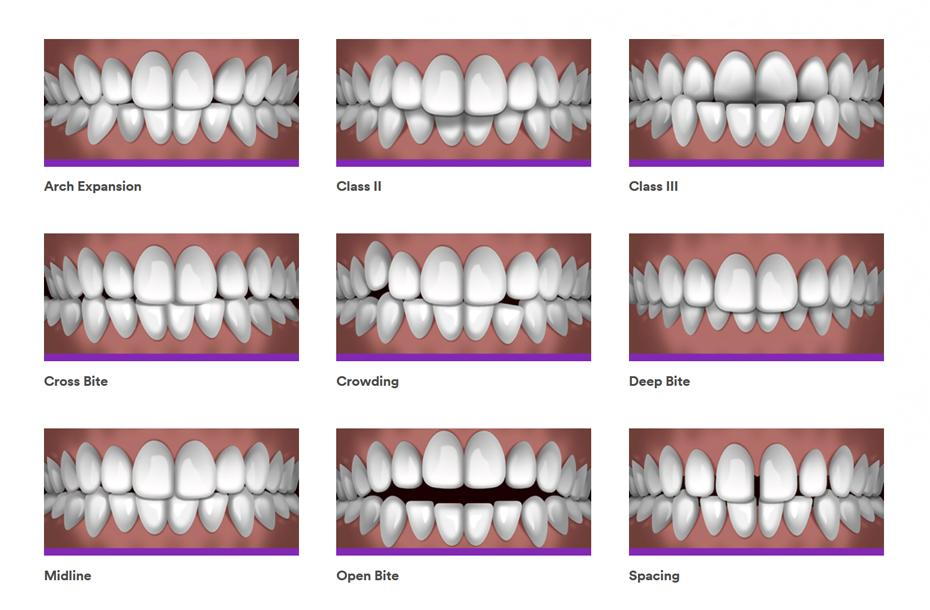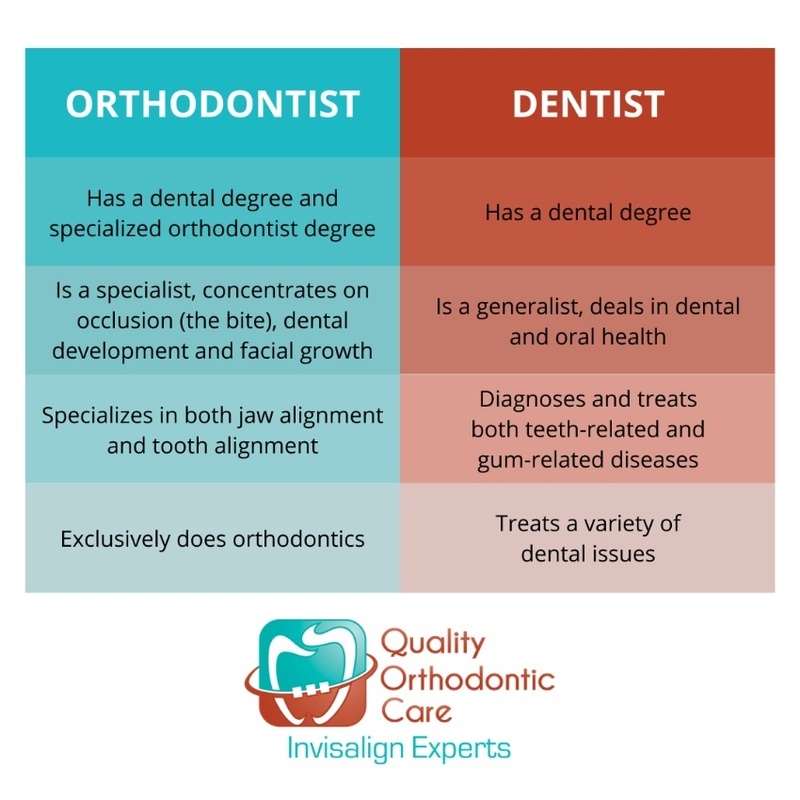Examine This Report on Causey Orthodontics
All about Causey Orthodontics
Table of ContentsSome Known Incorrect Statements About Causey Orthodontics Getting My Causey Orthodontics To WorkThe smart Trick of Causey Orthodontics That Nobody is DiscussingSome Known Questions About Causey Orthodontics.How Causey Orthodontics can Save You Time, Stress, and Money.Not known Factual Statements About Causey Orthodontics 4 Simple Techniques For Causey Orthodontics
What is the difference between a dental practitioner and an orthodontist? All dental experts, consisting of orthodontists, treat the teeth, periodontals, jaw and nerves.
You can think of both doctors who treat periodontal and teeth troubles. The major difference is that ending up being an orthodontist requires a specific specialty in treating the imbalance of the teeth and jaw.
Getting My Causey Orthodontics To Work
An orthodontist is a dental practitioner that has actually undertaken training to concentrate on the medical diagnosis, prevention and treatment of abnormalities in the jaw and teeth. Their training includes fixing these existing conditions. They can additionally recognize prospective problems in teeth placement that might create when conditions are left without treatment. Orthodontists can aid individuals of every ages.
This includes all the essential education to end up being a general dental professional. According to the American Student Dental Association (ASDA), it indicates you will require to have either a Medical professional of Medicine in Dentistry (DMD) or a Doctor of Oral Surgery (DDS). To put it simply, orthodontists need to finish oral school and afterwards get an orthodontics specialized education.
Some orthodontists also get their masters in craniofacial biology. cheapest orthodontist near me (http://www.localzzhq.com/directory/listingdisplay.aspx?lid=78566). Many dental schools provide restricted orthopedic training and direction, which is why general dental experts require to head to orthodontic school after graduation. Orthodontic residency programs use intensive training for this kind of dental specialization. These programs focus on two certain locations or techniques: Dentofacial Orthopedics: This study focuses on directing teeth and jaw advancement.
Excitement About Causey Orthodontics

 These consist of apparatus such as dental braces, retainers and Invisalign. So, what does an orthodontist do, and what do they concentrate on? The general objective of an orthodontist is to boost a client's bite. Not every person is born with straight teeth, and an orthodontist will certainly make sure that individuals get uniformly spaced straight teeth.
These consist of apparatus such as dental braces, retainers and Invisalign. So, what does an orthodontist do, and what do they concentrate on? The general objective of an orthodontist is to boost a client's bite. Not every person is born with straight teeth, and an orthodontist will certainly make sure that individuals get uniformly spaced straight teeth.
Our Causey Orthodontics Diaries
The American Association of Orthodontists suggests your very first check up by age 7. You'll require to see your orthodontist if you have an imbalance in your teeth, additionally called malocclusion. If you see irregular bite patterns, a somewhat askew jaw, or when your teeth are chock-full, you will likely need orthodontic treatment.
In enhancement, we provide adjustable treatment schedules, versatile payment options and an enjoyable, delightful experience.
An orthodontist is a dental professional educated to diagnose, protect against, and treat teeth and jaw abnormalities. Orthodontists work with individuals of all ages, from youngsters to grownups (https://companylistingnyc.com/listings/causey-orthodontics-2/).
The 20-Second Trick For Causey Orthodontics
Malocclusion, or misaligned teeth, can result in oral issues, including dental caries, periodontal condition, and challenging or agonizing chewing. Yet not everyone is birthed with straight teeth. If you have a negative bite or big rooms in between your teeth, you might wish to consult a dentist specializing in orthodontic treatment.
(Picture Credit History: DigitalVision/Getty Images) Orthodontists use dealt with and removable dental devices, like braces, retainers, and bands, to change the placement of teeth in your mouth. Orthodontic therapy is for oral irregularities, consisting of: Uneven teethBite problems, like an overbite or an underbiteCrowded teeth or teeth that are as well far apartJaw misalignmentThe objective of orthodontic therapy is to boost your bite.
The 25-Second Trick For Causey Orthodontics

All orthodontists are dental practitioners, but not all dental experts are orthodontists. Orthodontic residency programs offer extensive, concentrated guideline for dental experts. They focus on 2 areas: Just how to correctly and safely move teeth Just how to properly assist growth in the teeth, jaw, and faceOnce an orthodontist has actually finished training, they have the choice to end up being board certified.
Malocclusion leads to tooth congestion, an askew jaw, or irregular bite patterns. Malocclusion is typically treated with: Your orthodontist attaches steel, ceramic, or plastic square bonds to your teeth.
Things about Causey Orthodontics
If you have only minor malocclusion, you might be able to use clear dental braces, called aligners, instead of conventional dental braces. Some people need a headgear to help move teeth into line with pressure from outside the mouth. After braces or aligners, you'll require to use a retainer. A retainer is a personalized gadget that maintains your teeth in position.